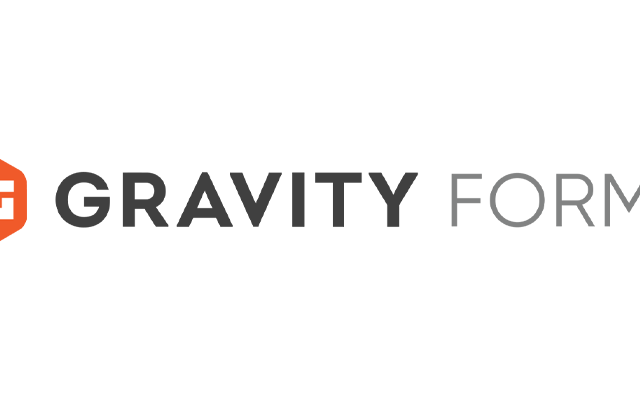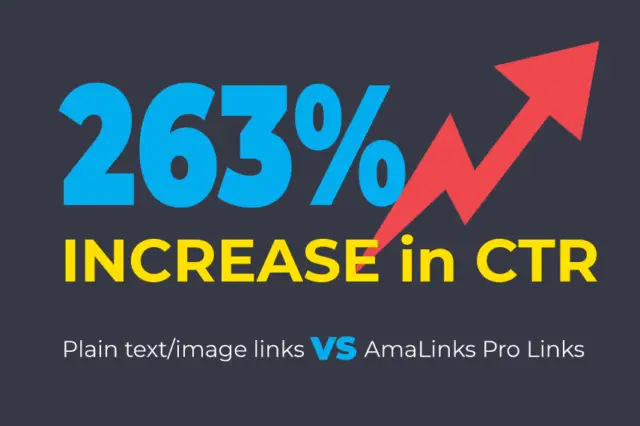
Learn about the Gravity Forms affiliate program.
Gravity Forms is a robust WordPress plugin that empowers users to create, manage, and embed various types of forms on their websites. These forms can range from simple contact forms to complex surveys, order forms, event registrations, and more. The plugin’s name, “Gravity Forms,” metaphorically captures its essence, implying that it offers a means to capture and centralize information, much like how gravity pulls objects together.
Gravity Forms is renowned for its user-friendly drag-and-drop interface, which enables users to craft forms effortlessly without any coding knowledge. By providing a toolkit of form fields and customization options, including radio buttons, checkboxes, dropdown menus, text fields, and file uploads, Gravity Forms caters to a wide spectrum of data collection needs. Moreover, its integrations with various third-party applications and services, like payment gateways and email marketing platforms, contribute to its flexibility and utility.
Background and Evolution:
The inception of Gravity Forms dates back to 2009 when three developers—Carl Hancock, Alex Cancado, and Kevin Flahaut—joined forces to address the growing need for a comprehensive form builder for WordPress websites. Their vision was to create a plugin that not only simplified form creation but also maintained high standards of code quality and user experience.
The first version of Gravity Forms was released in 2010, marking the beginning of a journey that would transform online data collection and interaction. Right from its early versions, Gravity Forms received praise for its intuitiveness and rich feature set. As the WordPress ecosystem expanded, the plugin evolved in tandem, adapting to changing technologies, design trends, and user expectations.
Key Features and Benefits:
1. Ease of Use: Gravity Forms’ drag-and-drop builder remains one of its most celebrated features. Users can seamlessly arrange form fields, configure validation rules, and establish conditional logic without needing to write a single line of code.
2. Extensive Form Fields: From standard input fields to advanced options like multi-page forms and pricing fields, Gravity Forms offers a comprehensive selection of form components to suit diverse needs.
3. Conditional Logic: This feature empowers form creators to tailor the form’s behavior based on user responses. By displaying or hiding certain fields or sections based on specific conditions, Gravity Forms ensures a personalized and relevant user experience.
4. Integration Possibilities: Gravity Forms connects with a wide array of third-party services and applications. Whether it’s integrating with payment gateways like PayPal or linking to email marketing platforms like Mailchimp, the plugin streamlines data flow and enhances productivity.
5. Data Management and Analytics: Gravity Forms simplifies data management by centralizing submissions, allowing users to review and export form data easily. It also provides basic analytics, offering insights into submission trends and patterns.
6. Add-Ons and Customization: The plugin’s extendable nature comes from its library of add-ons that offer specialized functionalities. These add-ons cover areas like surveys, quizzes, e-commerce, and CRM integration, enabling users to tailor Gravity Forms to their precise requirements.
Gravity Forms has revolutionized the way websites interact with users and gather information. Its remarkable journey from a concept to a widely-used WordPress plugin highlights its utility and adaptability. The plugin’s seamless form creation, advanced features, and integration capabilities position it as an essential tool for businesses, individuals, and organizations seeking efficient data collection and interaction.
As online communication continues to play a central role in various sectors, Gravity Forms’ legacy persists as a solution that empowers webmasters and developers to create compelling, interactive, and user-friendly forms. By alleviating the complexities associated with form creation and data collection, Gravity Forms contributes to enhancing user experiences, streamlining workflows, and ultimately facilitating meaningful digital interactions.
Did you know that Gravity Forms has an affiliate program?
Here is some basic information about what Gravity Forms is all about. Check it out, and if you are interested there is a link below to access the Gravity Forms affiliate program.
Gravity Forms, The Best WordPress Form Plugin, Form Builder – Create custom forms on WordPress with Gravity Forms, the easiest-to-use, secure, and reliable WordPress form builder plugin for your website.

Miles Anthony Smith
Miles is a loving father of 3 adults, devoted husband of 24+ years, chief affiliate marketer at AmaLinks Pro®, author, entrepreneur, SEO consultant, keynote speaker, investor, & owner of businesses that generate affiliate + ad income (Loop King Laces, Why Stuff Sucks, & Kompelling Kars). He’s spent the past 3 decades growing revenues for other’s businesses as well as his own. Miles has an MBA from Oklahoma State and has been featured in Entrepreneur, the Brookings Institution, Wikipedia, GoDaddy, Search Engine Watch, Advertising Week, & Neil Patel.
Commission Rate & Cookie Information
Gravity Forms offers a commission of 20% Per Sale and their cookie lasts for 30 Days.
For more information about this offer: View the Gravity Forms homepage


